SUMMARY
This is AI generated summarization, which may have errors. For context, always refer to the full article.
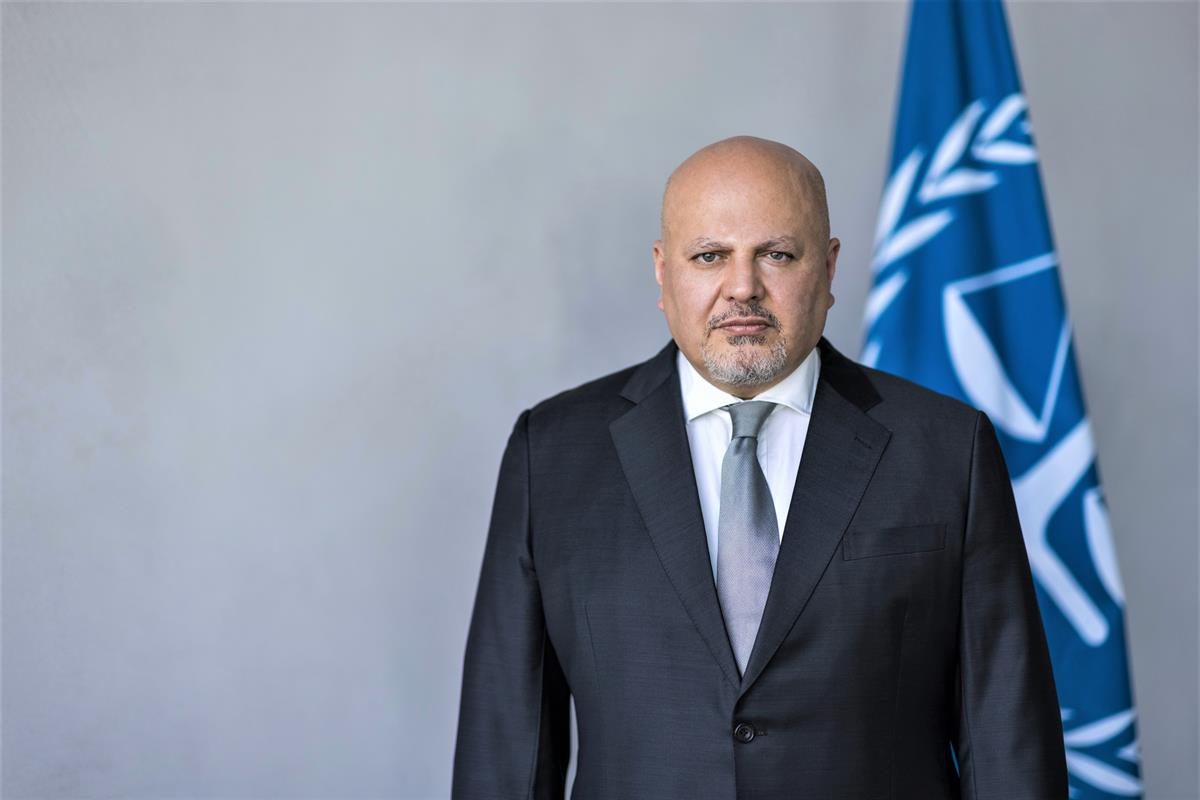

International Criminal Court (ICC) Prosecutor Karim Khan said on Wednesday, November 24, that the court will ask the Duterte government for proof of genuine local investigation of the bloody war on drugs.
The submission of proof is the next step, after Khan “temporarily suspended” the investigative activities to assess the Philippines’ deferral request.
Khan said in a statement he will request “that such information be provided promptly, as envisaged by article 18 of the Rome Statute and as necessary to ensure that there is no impunity for Rome Statute crimes.”
“Such information must consist of tangible evidence, of probative value and a sufficient degree of specificity, demonstrating that concrete and progressive investigative steps have been or are currently being undertaken to ascertain the responsibility of persons for alleged conduct falling within the scope of the authorized ICC investigation,” said Khan.
The Duterte government had earlier filed a deferral request, in which it claimed that efforts, mainly by the Department of Justice (DOJ), to investigate the drug war was enough and does not need the ICC’s intervention.
It means the Philippines will have to send “tangible, probative and specific” proof that these investigations are genuine.
The deferral request mainly cited DOJ’s recently released matrix on 52 cases of killings by policemen, some from as far back as 2016. The matrix was part of a review by the DOJ started only in June 2020. The 52 cases are undergoing new round of assessment by the National Bureau of Investigation (NBI), a remand that the Commission on Human Rights (CHR) called as superfluous.
In an earlier email to Khan, the Free Legal Assistance Group (FLAG), among the legal groups which represented drug war victims, said “it is misleading to label the DOJ actions as an investigation since it appears that the DOJ merely conducted a review of documents.”
Apart from the fact that 52 is a miniscule percentage of more than 7,000 killed in police operations, and overall 27,000 killed in drug-related incidents, FLAG said “the DOJ investigation did not include any findings or conclusions, but mere observations, largely on the lack – or paucity – of documents provided by the Philippine National Police.”
The matrix also revealed that the Philippine National Police (PNP) kept those abuses internal, imposing only light penalties on erring cops.
Philippine Justice Secretary Menardo Guevarra has refused to comment on this development, saying the proper agency to speak is the Deparment of Foreign Affairs (DFA).

Deferral may not have blanket effect
Khan reiterated on Wednesday that they will not stop analyzing information they already have, and will still receive information from third parties, even if the investigative activities are temporarily suspended.
Former presidential spokesperson Harry Roque claimed the temporary suspension was a recognition of the Philippines’ primary jurisdiction, but Khan said on Wednesday that the suspension was pursuant to their “obligations under the Statute and practice in similar situations.”
“The Office of the Prosecutor also takes the view that a deferral may have a specific or partial effect, rather than a blanket or general effect, on its investigation,” said Khan, adding that the proof Philippines will send will help them assess “the precise parameters of any deferral.”
FLAG also pointed out that the deferral request did not cite any local investigation into the killings by the Davao Death Squad (DDS), which is part of the ICC investigation.
Rappler has exclusively learned that in November 2020, the ICC gave self-confessed DDS hitman Arturo Lascañas limited immunity, which means he is being treated as an insider and may have access to witness protection resources of the ICC’s Registry.
Without referencing anyone, Khan said on Wednesday that despite the temporary suspension, “the Office will continue to be particularly attentive to the security, safety and wellbeing of victims and witnesses.”

– Rappler.com
Add a comment
How does this make you feel?
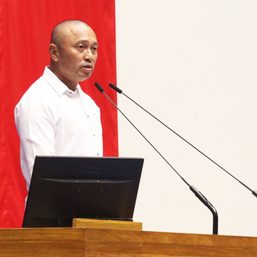
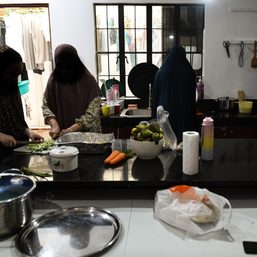
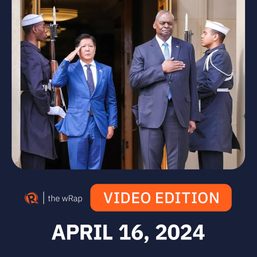
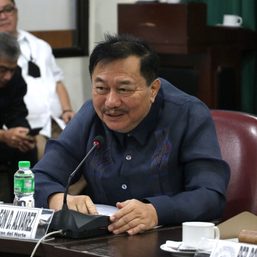
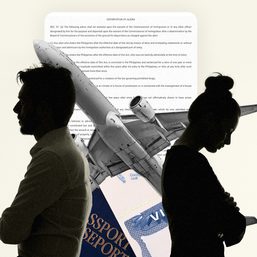


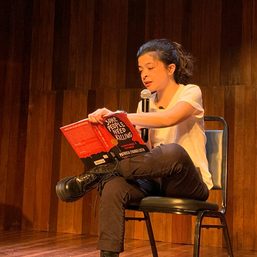
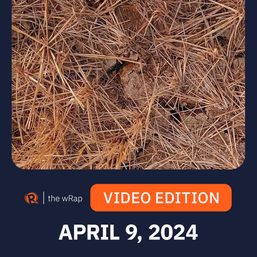
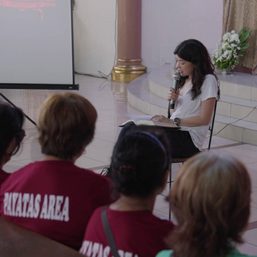
There are no comments yet. Add your comment to start the conversation.